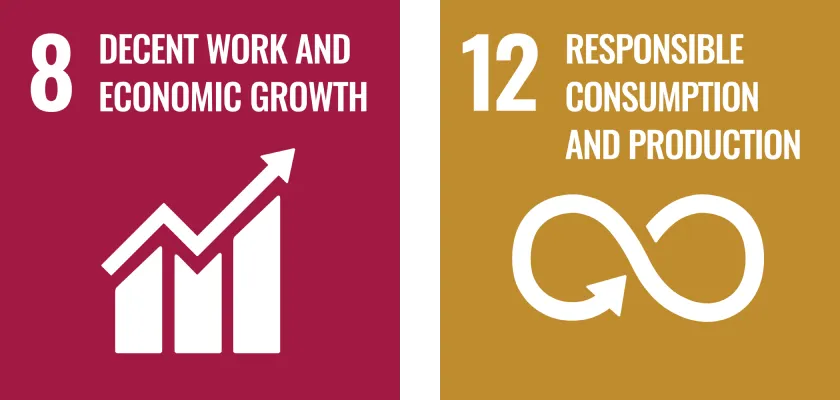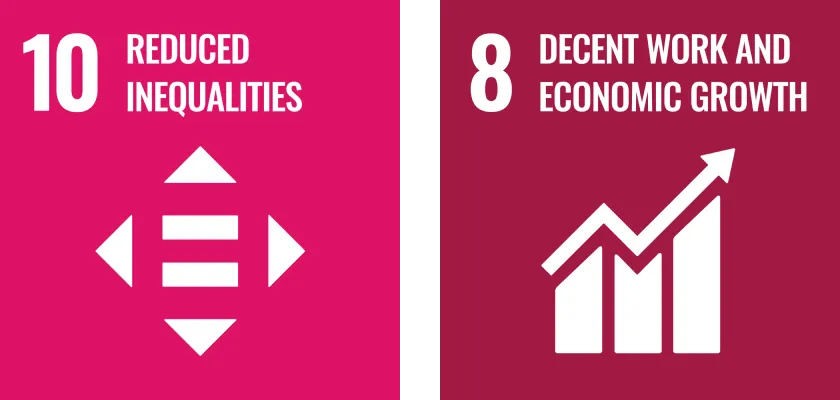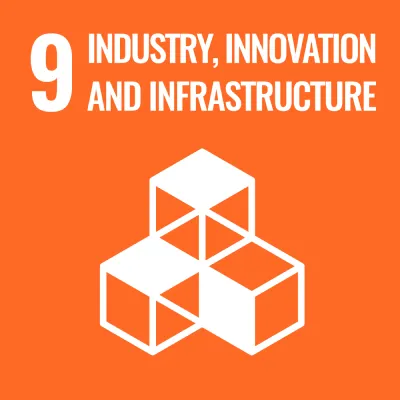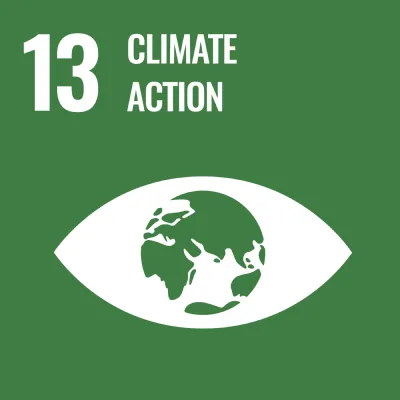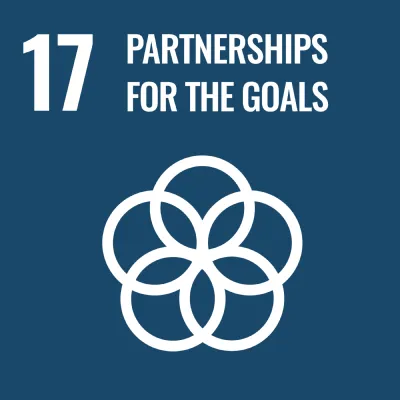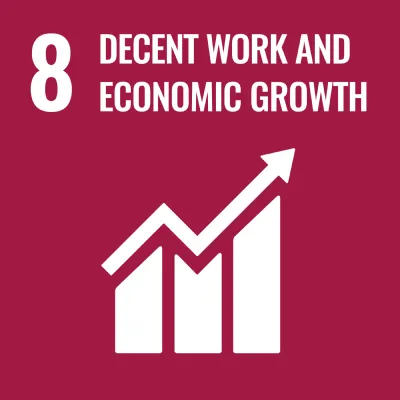Global Initiatives
Together for
A BRIGHTER
FUTURE
To realize the sustainable future Rakuten envisions,
there is an urgent need to collectively address these issues on a multilateral basis.
In line with global frameworks for sustainability, Rakuten strives to reduce any adverse impact on society,
the environment, and the
economy caused by its business activities and to work hand in hand with
its global stakeholders to tackle these challenges.
Sustainable Development Goals (SDGs)
The Sustainable Development Goals (SDGs), a set of universal goals that aim to create a sustainable world by 2030, were adopted unanimously by the
United Nations General Assembly in September 2015. Consisting of 17 goals and 169 targets, the SDGs call for action by people and businesses in every
country of the world with the principle of "leaving no one behind."
Rakuten refers to the SDGs when conducting its materiality analysis and
aims to contribute to achieving the global agenda through its business practices and service provision as designed in its sustainability strategy.
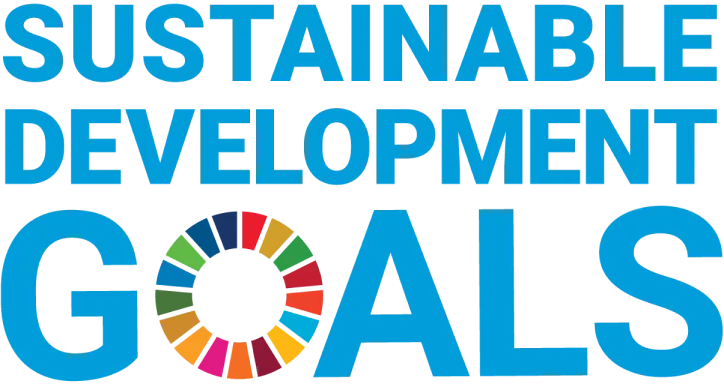
Rakuten's Materiality and Related SDGs
United Nations Global Compact
The United Nations Global Compact (UNGC) is a global framework for achieving sustainable growth. It was proposed by Kofi Annan, former Secretary-General
of the United Nations, at the World Economic Forum in Davos, Switzerland, in 1999. It encourages corporations to act positively in society by
demonstrating responsibility and creative leadership.
As a UNGC participant, Rakuten upholds its Ten Principles and reports yearly on the progress
of related initiatives.


